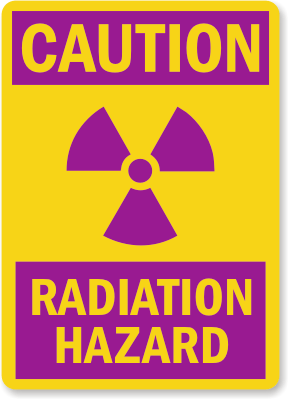I started a meditation on wasted energy last Friday by looking at all the energy we waste by “flaring” natural gas at drilling rigs. We burn more than we use. Then I got distracted by the Corps of Engineers opening the Morganza Spillway which is a huge environmental deal. So I come back to the meditation today. I googled up the issue and this site popped up. It’s a pretty cool blog. They haven’t posted since April so I am hoping I am not hyping a dead blog.
The Palest Green
Posted by wastedenergy on April 6, 2011
Now that enough time has passed to witness what is really happening in Fukushima, I am ready to pass judgment. I notice a lot of other commentators offered their two cents up immediately, as if they could tell the full scale of the disaster from the first few hours. Not me, though. I knew something strange was afoot the instant it happened, but it’s important to keep in mind that one must always do the necessary homework before making ultimate determinations of value. Now that time has come.
The most common argument I see supposed “environmentalists” making in favor of “nuclear power” (which is a misnomer since it is actually a drain on energy over the long run) is that it is “better than coal.” “It’s carbon neutral,” they say, as if to suggest that were the only criterion that mattered, and also as if to ignore the full energy-consumptive effects of the nuclear fuel cycle from mining to ultimate disposal (it’s supposed to get disposed ultimately, right?). But the path to “clean” nuclear energy is laid with many other booby traps, and it takes an eye open to truth and closed to propaganda to catch them all.
In nature, the color yellow often means “Don’t touch me, I will hurt you.”
As I see things today, the quest for nuclear power, hailed as tomorrow’s energy source by those so obsessed with technocracy that they blind themselves to the big picture, represents better than almost any other story our civilization’s descent into madness. We have become truly power-obsessed, seeking cheap thrills today and tossing tomorrow to the winds. Let our children handle the nuclear waste, we keep saying. Well, the children have arrived, and they are ready to take the reins of power now, and we still aren’t any closer to figuring out what to do with this stuff, which keeps piling up in spent fuel pools vulnerable to release into the environment from earthquakes, volcanoes, meteor strikes, acts of sabotage, and all the other hazards that are a natural part of life on Planet Earth. So what makes today’s nuclear scientists so certain that tomorrow we will finally come up with the magic solution that will allow us to seal this stuff forever behind closed doors, especially if we continue to create even more? It’s time to stop kicking the can ever further down the road and face up to the reality we’ve created for ourselves.
Nuclear fission and radiation are natural parts of our existence. Decaying radioactive isotopes are what power the Earth’s geothermal heat, much like nuclear fusion powers radiation from the Sun. We tell ourselves there cannot be a hazard here since it is always around in one form or another. But we overdo it sometimes, and just as with oil depletion, we trick ourselves into thinking what we are doing is perfectly natural by suggesting “there’s always going to be some, so it can’t be so bad.” That is, once again, the continuum fallacy. We presume that just because we cannot draw a clear line between one phenomenon and its much larger version, that there must be no difference at all. The disaster at Fukushima, which has caused radiation levels to spike to millions of times background levels, has proven conclusively that there are real clear and ever-present dangers associated with even the most carefully operated nuclear power reactors, and the silver lining in the event is that it has brought these as well as the dangers associated with the back end of the nuclear cycle into the forefront of discussion and back into clear view. Such a perspective is necessary if we are to take an objective look at the advantages and drawbacks of our different energy options, something many players with vested political and economic interests are not particularly keen on seeing.
:}
Wasting my energy again tomorrow.
:}

